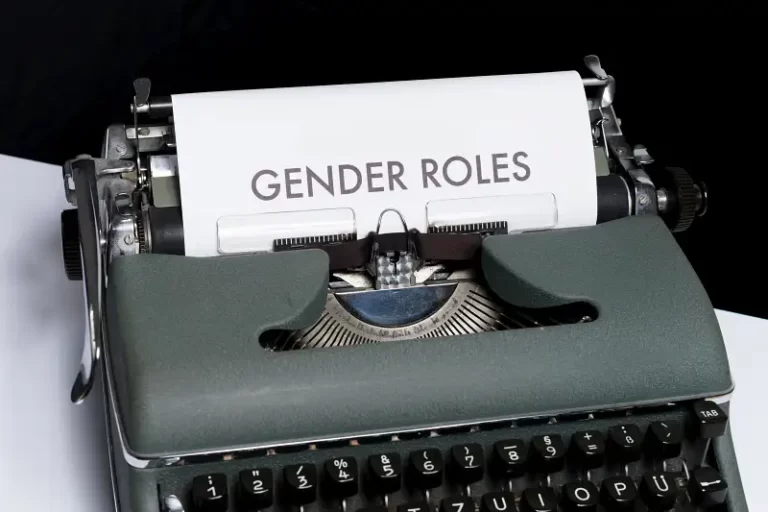
The Work of Simone de Beauvoir
Simone de Beauvoir (1908–1986) stands as a seminal figure in twentieth-century intellectual history, profoundly influencing sociology, philosophy, and feminist theory. Best known for her groundbreaking exploration of gender and oppression, de Beauvoir’s corpus touches upon broad sociological domains, including power…










